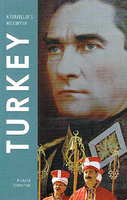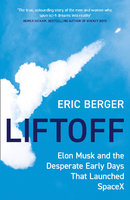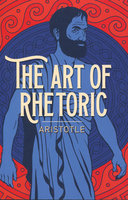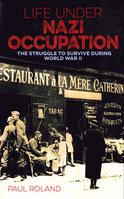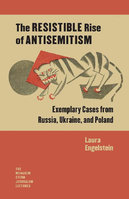Shortlisted for the Stanford Dolman Travel Book of the Year Award, the book is sub-titled 'Travels Through a Lost Empire'. It is a lovely lyrical and insightful account with an overall message of optimism, that identity is as much about language as it is about location and religion. This ambitious travel memoir and history traces the footsteps of 'descendants of ancient minorities that were allowed to flourish in the empire, and then intimidated, ignored or expelled from modern Turkey.' Scott's mother is Turkish and her father British and what she explores is the contemporary influence of the Ottoman Empire on the wider world and its legacy across Europe and the Middle East. Alev Scott's odyssey began when she looked beyond Turkey's borders for contemporary traces of the Ottoman Empire. Their 300 years of rule ended a century ago, and yet travelling through 12 countries from Kosovo to Greece to Palestine, she uncovers a legacy that is vital and relevant, where medieval ethnic diversity meets 21st century nationalism, and displaced people seek new identities. It's a story of surprises. An acolyte of Erdogan in Christian-majority Serbia confirms the wide-reaching appeal of his authoritarian leadership. A Druze warlord explains the secretive religious faction in the heart of the Middle East. The palimpsest-like streets of Jerusalem's Old Town hint at the Ottoman co-existence of Muslims and Jews, and in Turkish Cyprus, Alev rediscovers her childhood home. In every community, history is present as a dynamic force. Faced by questions of exile, diaspora and collective memory, she searches for answers from the cafés of Beirut to the refugee camps of Lesbos and uncovers in Erdogan's nouveau-Ottoman Turkey a version of the nostalgic utopias sold to disillusioned voters in Europe and America. And yet diversity is the enduring, endangered heart of this fascinating region. 292pp, paperback.
Additional product information

